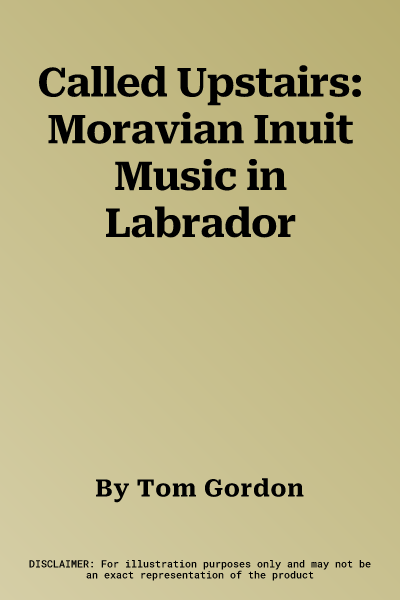A silent clapboard church on a barren Arctic landscape is more than just
a place of worship: it is a symbol that can evoke fraught reactions to
the history of Christian colonization. In the Inuit homeland of Northern
Labrador, however, that church is more likely to resonate with the
voices of a well-rehearsed choir accompanied by an accomplished string
orchestra or spirited brass bands. The Inuit making this music are
stewards of a tradition of complex sacred music introduced by Moravian
missionaries in the late 1700s - a tradition that, over time, these
musicians transformed into a cultural expression genuinely their own.
Called Upstairs is the story of this Labrador Inuit music practice. It
is not principally a story of forced adoption but of adaptation,
mediation, and agency, exploring the transformation of a colonial
artifact into an expression of Inuit aesthetic preference, spirituality,
and community identity. Often overlaying the Moravian traditions with
defining characteristics drawn from pre-contact expressive culture,
Inuit musicians imbued this once-alien music with their own voices. Told
through archival documents, oral histories of Inuit musicians, and the
music itself, Called Upstairs tracks the emergence of this Labrador
Moravian music tradition across two and a half centuries. Tom Gordon
presents a chronicle of Inuit leadership and agency in the face of
colonialism through a unique lens. In this time of reconciliation, this
story offers a window into Inuit resilience and the power of a culture's
creative expressions.

